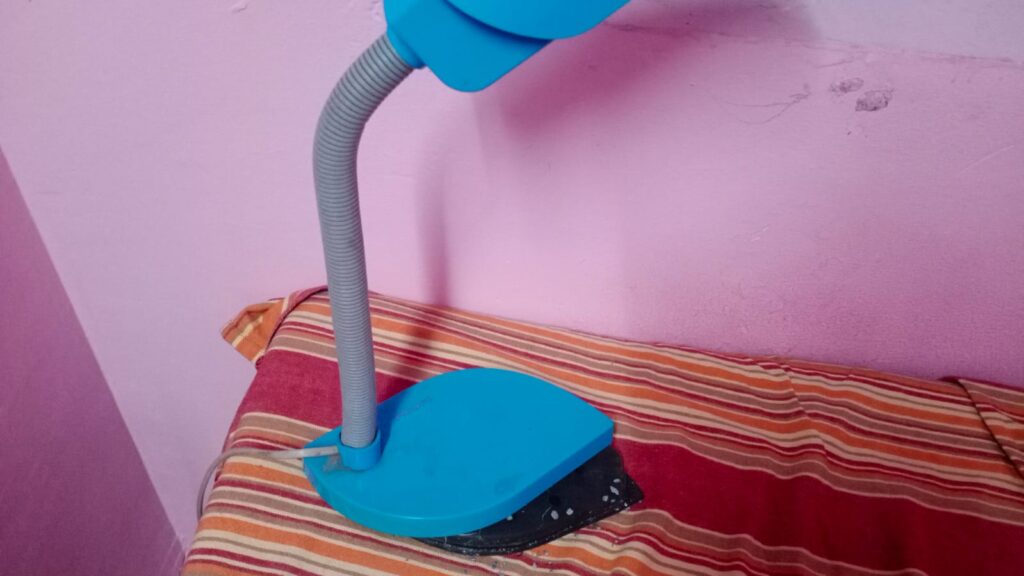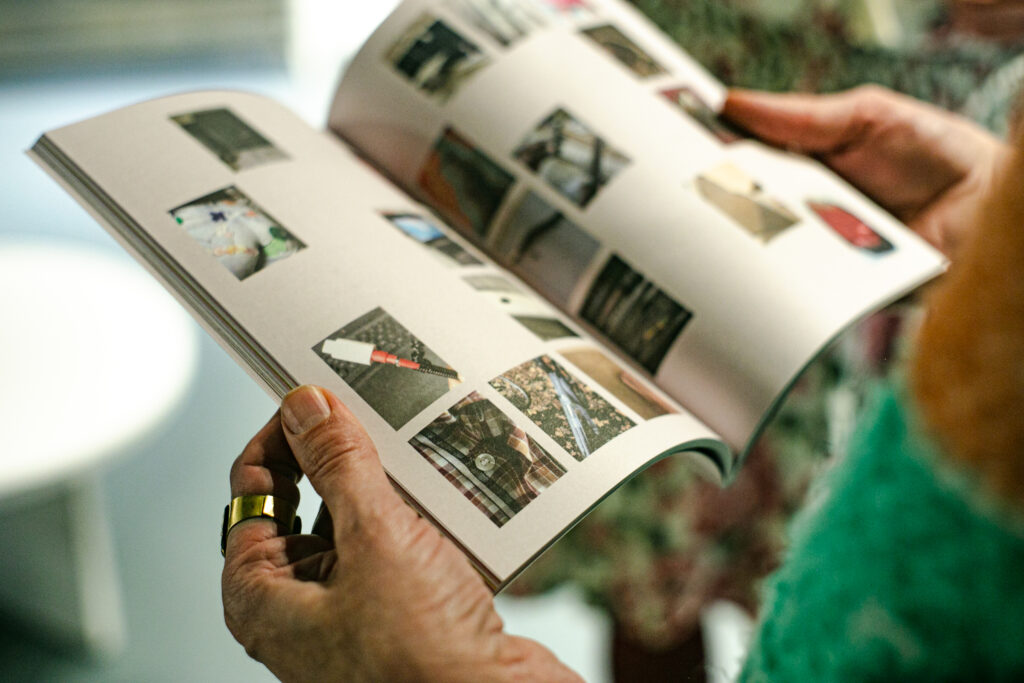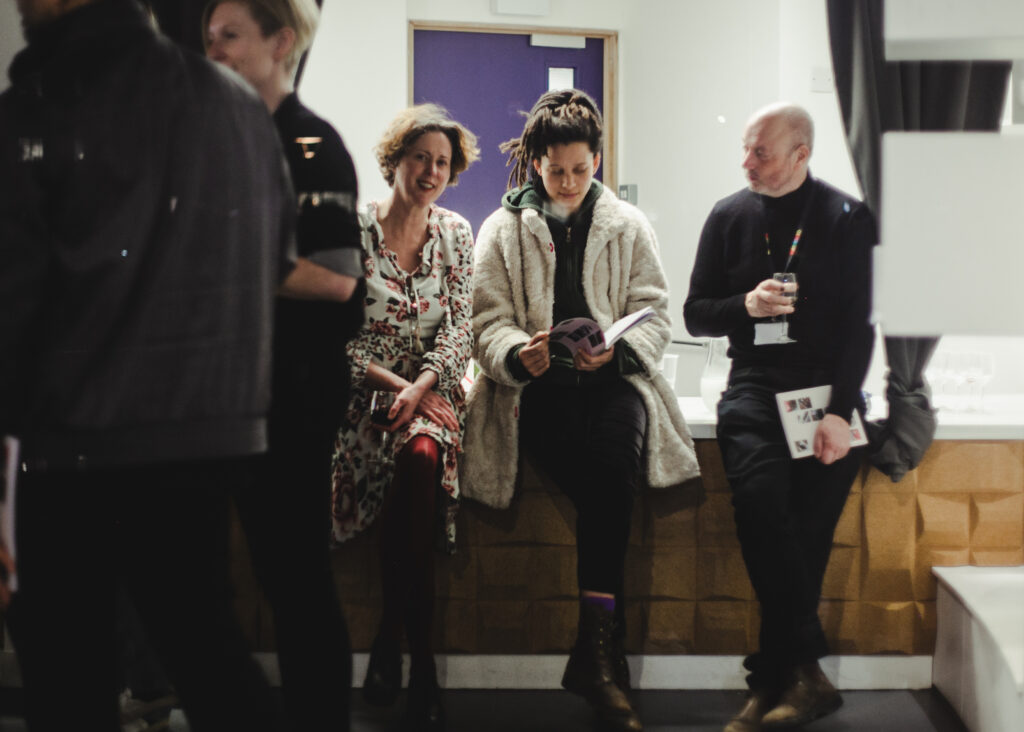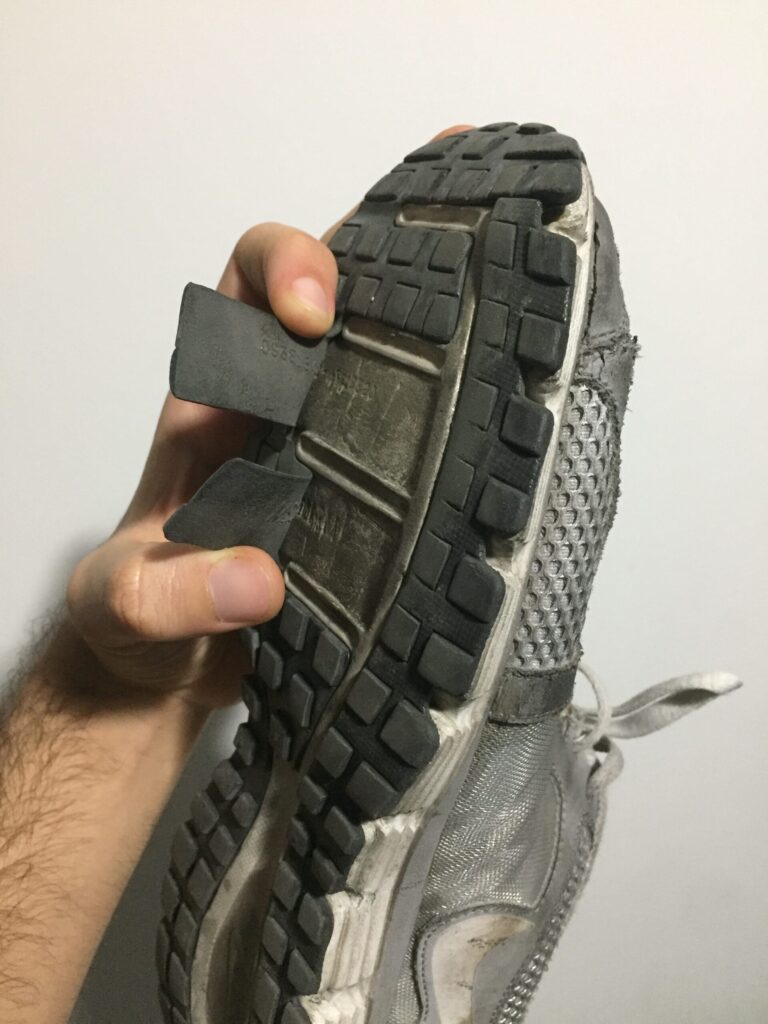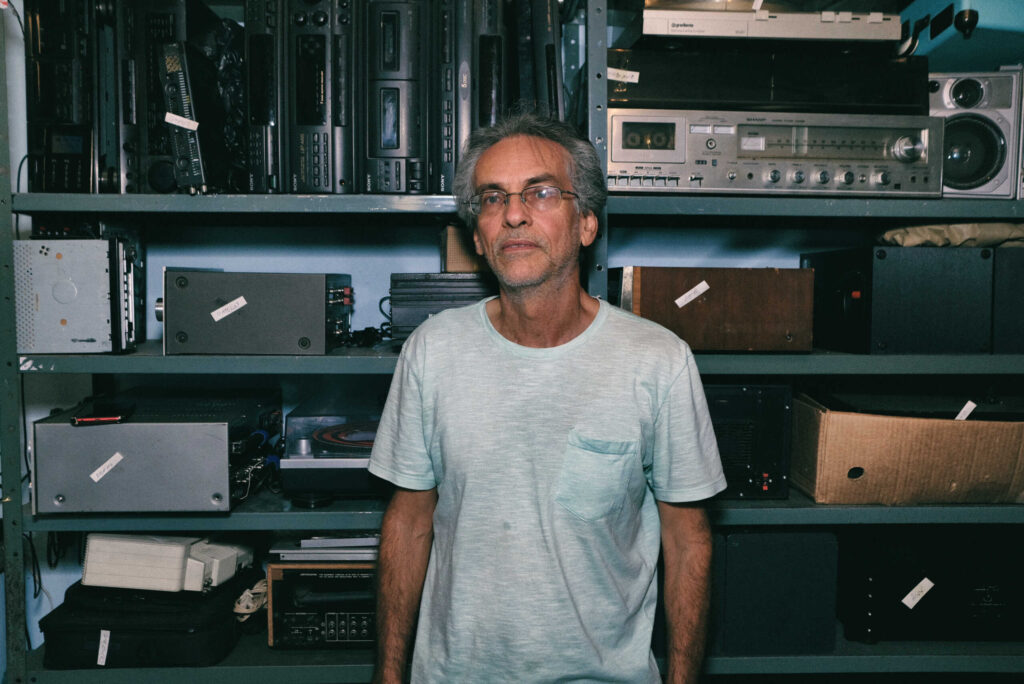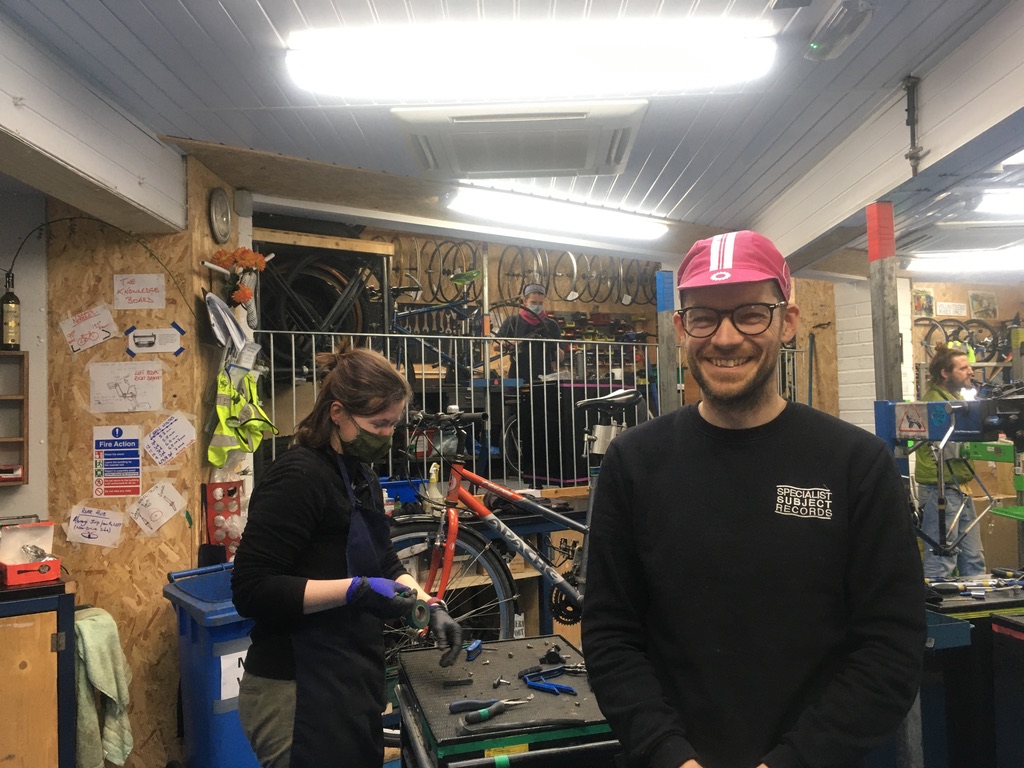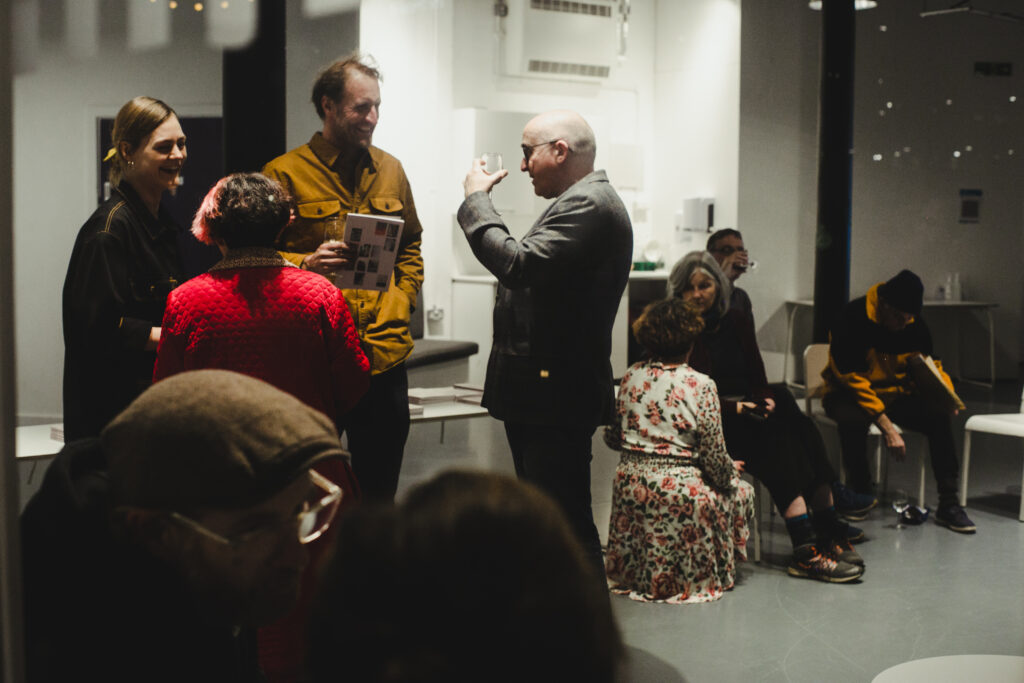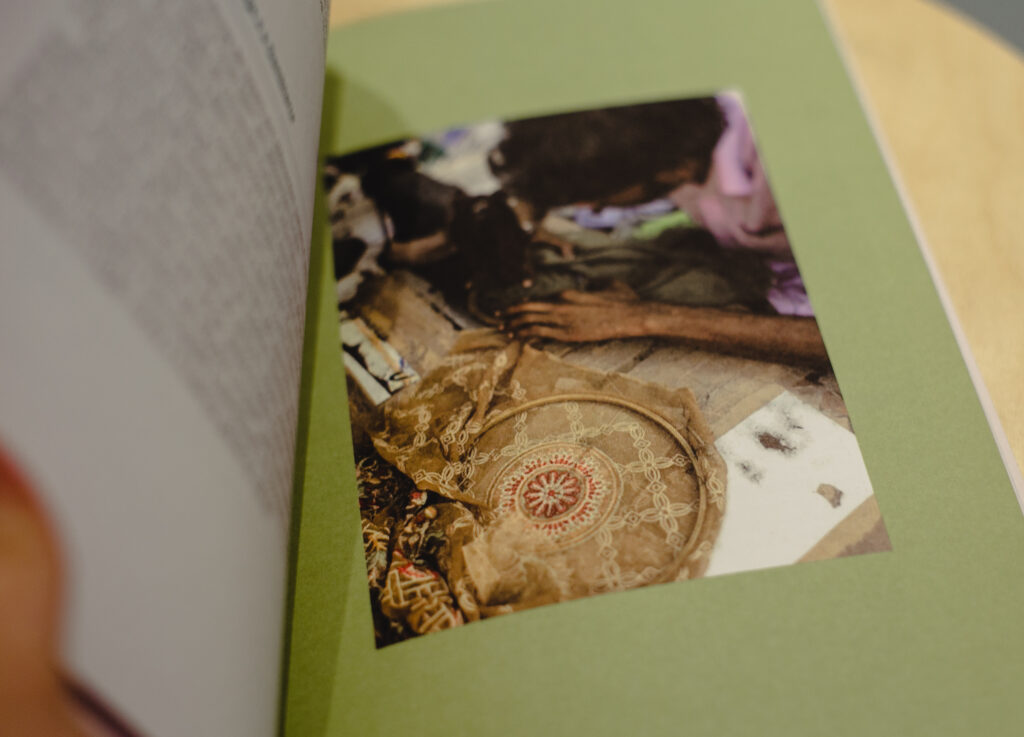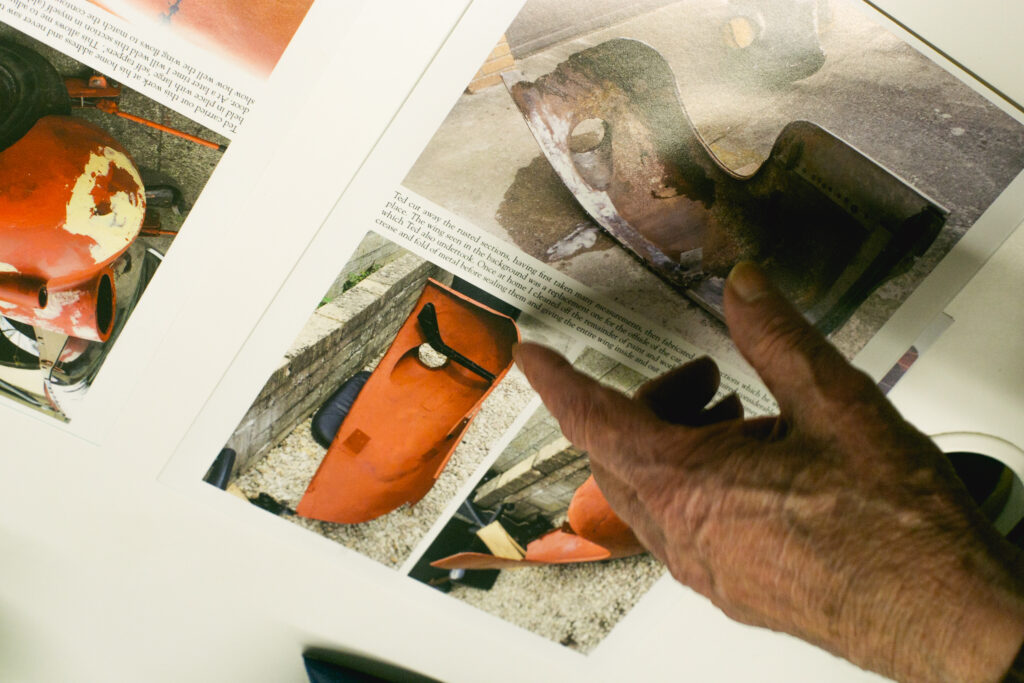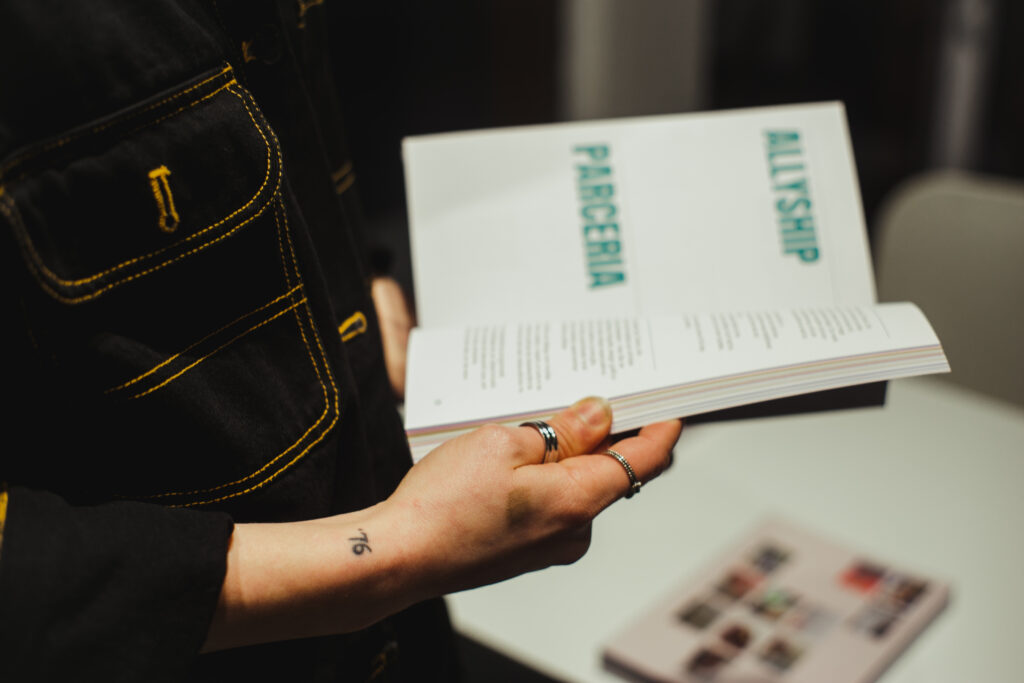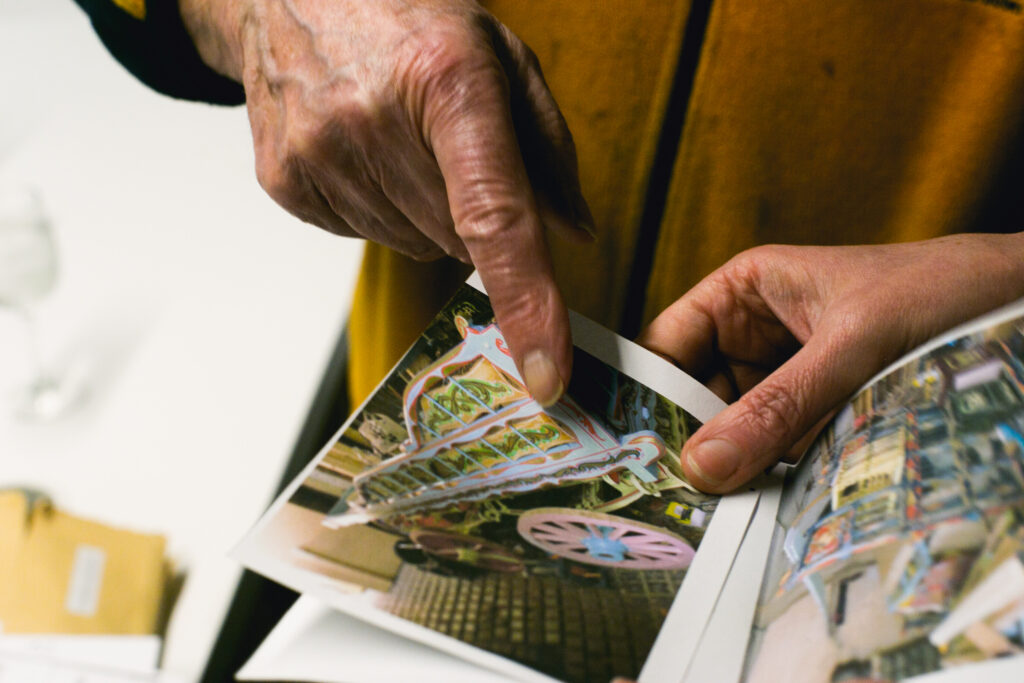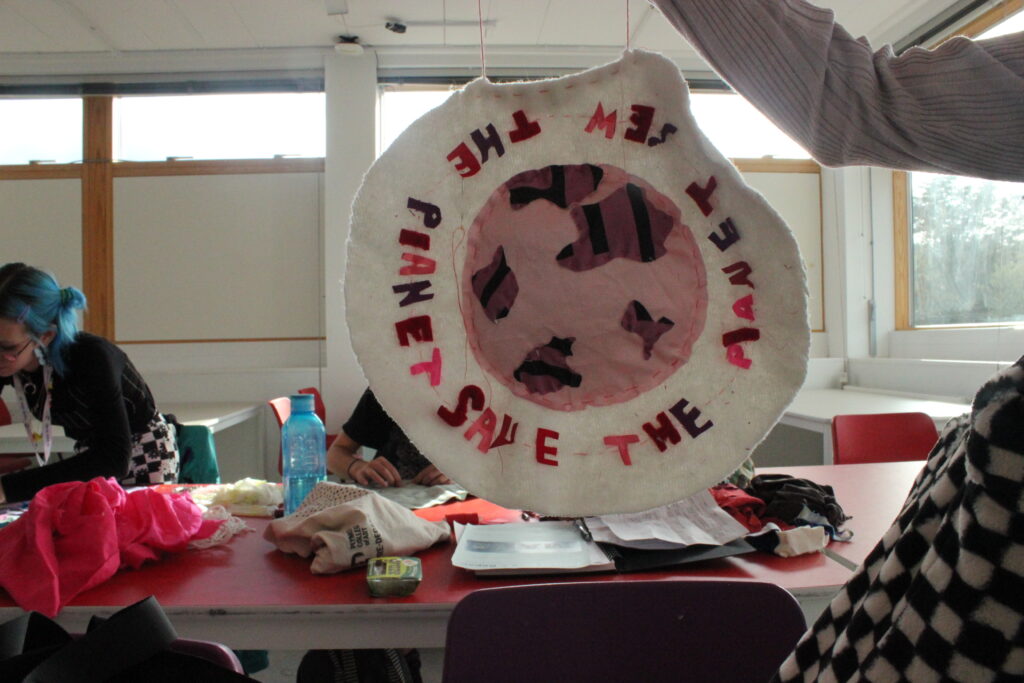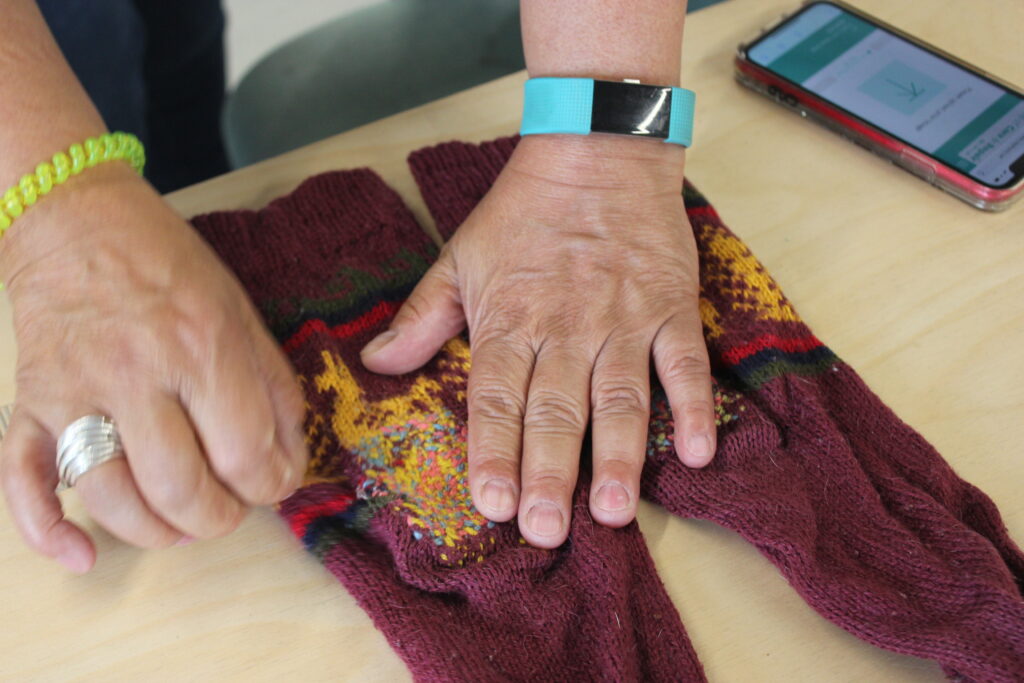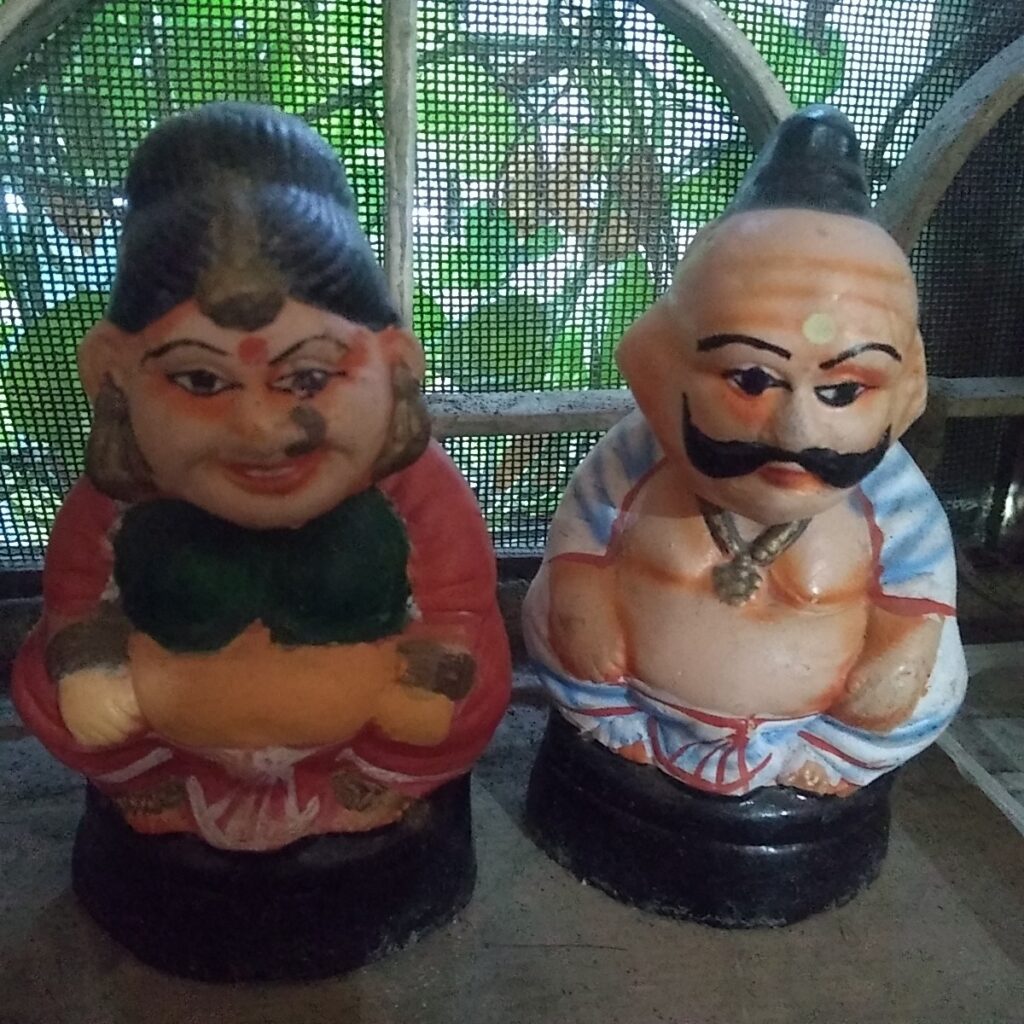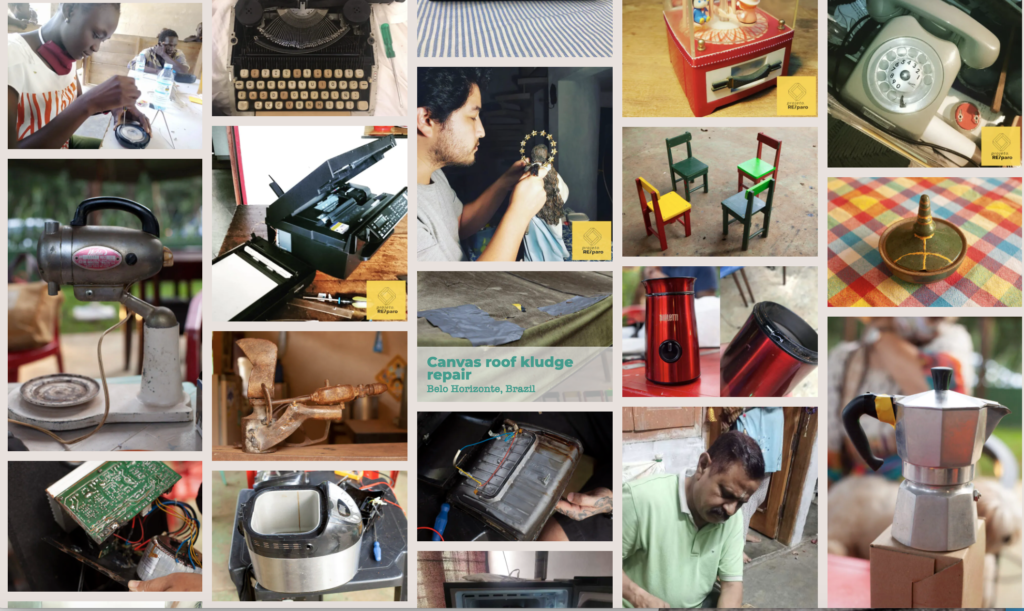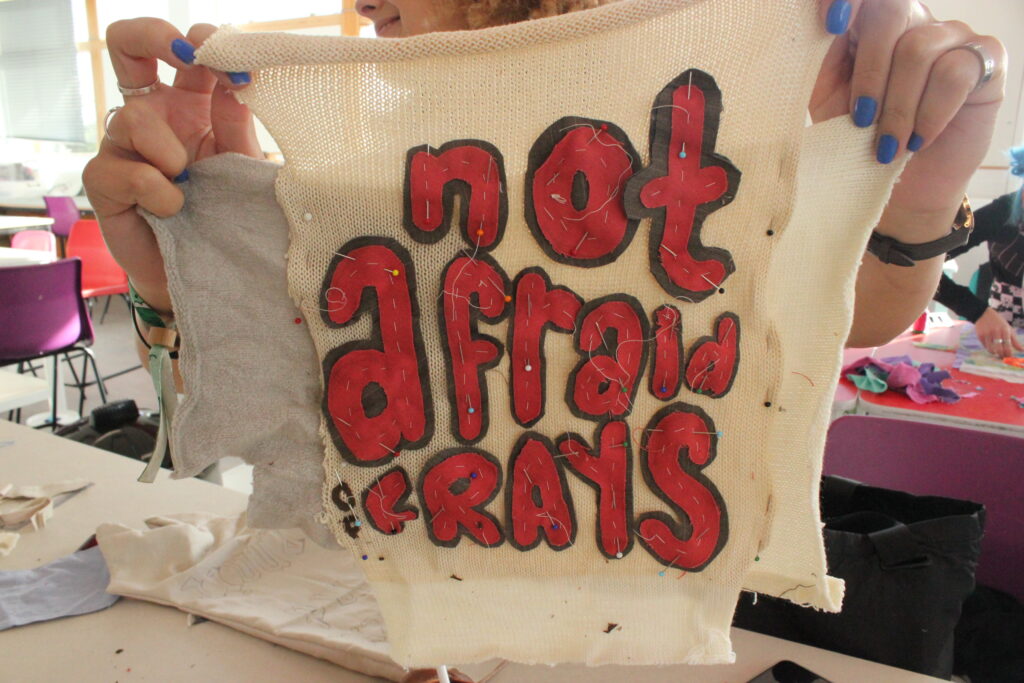Background
The seeds for TALES OF CARE AND REPAIR were established during our first network workshops, where we asked participants to bring objects that represented repairing and mending. These objects lead to sharing stories about motivations and reasons for mending, which often uncovered deeply rooted values and relations.
Building on this sentiment, we invited Toxics Link in India and Gambiologia in Brazil to work with us on a project that aimed to collect hundreds of stories of everyday repair, as part of British Council, Creative Commissions for COP 26.
When and How
The projects core activities took place across 2021 and Spring 2022 and to support the gathering of the stories a number of online conversations, local workshops and interviews with local repairers. We developed our first online archive and story gathering system, which allowed people to upload a picture of what they had repaired and tag it with details, such as how they repaired it, whether they did it themselves or they hired a professional, how much the repair cost and what their motivations were for repairing it. Through our workshop programme we also piloted our approach to co-creating local “Repair Declarations” that is, a set of intentions that can act as a means towards collectively reimagining how we can move towards more restorative futures.
With a focus on the cities of Bristol, New Delhi and Belo Horizonte the core outcomes of the project included the gathering of over 700 stories, which were tagged with details, which enabled us to build a picture of the duration, cost and motivations people have for repairing objects.
The work developed as part of TALES AND CARE REPAIR and My Square Mile, shaped the nature of the methods explored as part of Repair Acts, Ireland. Across these projects we have not gathered over a thousand stories of everyday repair, which collectively inform what we describe as the ‘People’s Archive of Everyday Repair’.
Who was involved
Partners: TALES OF CARE & REPAIR was led by REPAIR ACTS at the University of the West of England (School of Art and Design and Digital Cultures Research Centre/DCRC) in collaboration with Toxics Link, India and Gambiologia, Brazil.
Funders: The project was supported by the British Council’s Creative Commissions programme – a series of creative commissions exploring climate change through art, science and digital technology. #CreativeCommissions #TheClimateConnection #COP26 #TogetherForOurPlanet @britishcouncil #repairacts
Team members:
Lead: Teresa Dillon, Professor of City Futures, University of the West of England. Collaborators: Ravi Agarwal, Toxics Links Founder/Director, Fred Paulino, catalyst of Gambiologia
Repair Acts Team: Dawn Giles (producer), Digital Cultures Research Centre (DCRC): Nick Triggs (DCRC Research Manager), Sarah Barnes (DCRC admin)
Toxics Link: Satish Sinha (Associate Director), Sahil Gochhayat (Programme Officer)
Gambiologia: Romana Abreu (Producer), Felipe Schmidt Fonseca (Advisor)
Additional University Partners: School of Art and Design, UWE, Bristol: Jacq Butler (Head of the School of Art and Design), Colum Leith (Programme Leader, BA Hons Graphic Design), Deborah Southerland (Programme Leader BA Hons Fashion Textiles), Paul Laidler, Laura Morgen and Ryan Brown (MA Design), Wayne Lloyd (Programme Leader, BA Hons Fine Art) and Professor Mandy Rose (DCRC). Shiv Nadar University, New Delhi: Professor Sharmila Samant. Federal University of Minas Gerais, Belo Horiztone: Professor Wellington ‘Low’ Cançado at the Architecture and Design School at and Cosmopolis Lab.
Community Partners: Bristol: Bristol Green Capital Partnership (Alice Peperell, Lizzi Testani and Ceilidh Jackson-Baker), Knowle West Media Centre (Penny Evans, Fiona Dowling), Rising Arts Agency (Roseanna Dias, Will Taylor). India: Conserve (Kanika Ahuja) Brazil: Instituto Procomum (Luiza Xavier, Mauro Fecco, Ricardo Grillo, Victor Marinho), BDMG Cultural, Eu Amo Minha Quebrada (Julio Fessô, Júnia Morais), Espaço Curupira, Beatriz Leite, Daniel Ladeira, Fernando Dellaretti, Frederico Mol, Marina Bianchi, Mário Henrique Mol, Moara Andrade, Thais Mol. Local Repair Interviews: Bristol: Priyanka Raval, Teresa Dillon, Dawn Giles. India: Dorothea Riecker. Brazil: Carlos Oliveira
